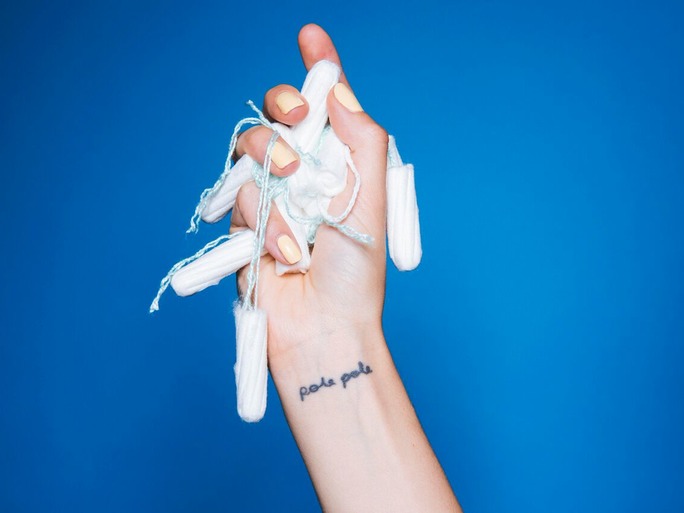
7 Ways To Lighten Up A Heavy Period & Make It Easier To Deal With
Dr. Pari was featured as a guest contributor in the article below, originally posted for Bustle by Carina Wolff.
When that time of the month rolls around, many of us pray for the best. We hope to avoid painful menstrual cramps, mood swings, and a heavy period. Luckily, if you’re stuck with a particularly heavy menstrual cycle, there are a number of things you can do to make your period lighter. If you’re sick of changing your jumbo tampons every few hours and just want a little less hassle during your cycle, you may want to consider taking the appropriate steps to lighten up your period.
A number of factors can cause heavy bleeding. “Some people are just unlucky and are genetically predisposed to heavy periods,” says Jennifer Lincoln, MD, IBCLC, OB/GYN of Bundoo, over email. “Others have heavy periods because they have something present like a polyp or fibroid in the uterus that bleeds. Having irregular periods, where you skip periods or they don’t follow the typical monthly pattern, can also lead to increased bleeding.”
Heavy menstrual bleeding is defined by bleeding more than 80 milliliters a cycle, but since most women don’t have a way to measure this, the diagnosis is often made subjectively, says Dr. Pari Ghodsi, MD, FACOG over email.
Even if you’re not sure if your period is considered medically heavy or not, it can’t hurt to minimize your discomfort. If you especially dread that time of the month because your period is so heavy, you might want to try one of these seven ways to lighten up your menstrual cycle.
1. Take Hormonal Birth Control
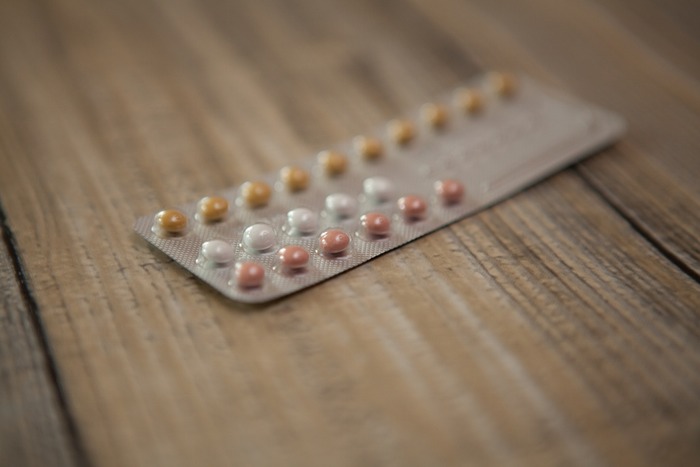
The birth control pill can be used for more than just contraception. “Combined hormonal therapy that has both estrogen and progesterone, such as birth control pills or the Nuva ring, is very effective for mild, moderate, persistent, or even severe bleeding,” says Ghodsi.
2. Eat More Vitamin A
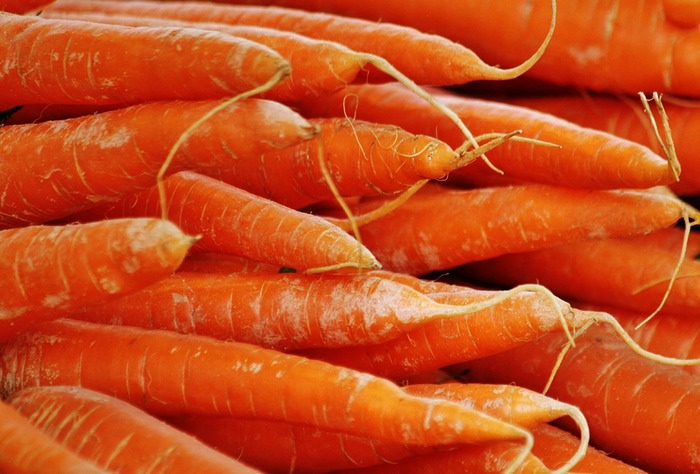
“There have been some studies that show that taking 25,000 IU of Vitamin A (as beta-carotene) per day can decrease menstrual flow,” says Ghodsi. You can also increase your intake of the vitamin by eating foods such as carrots, sweet potato, pumpkin, and squash.
3. Take A NSAID
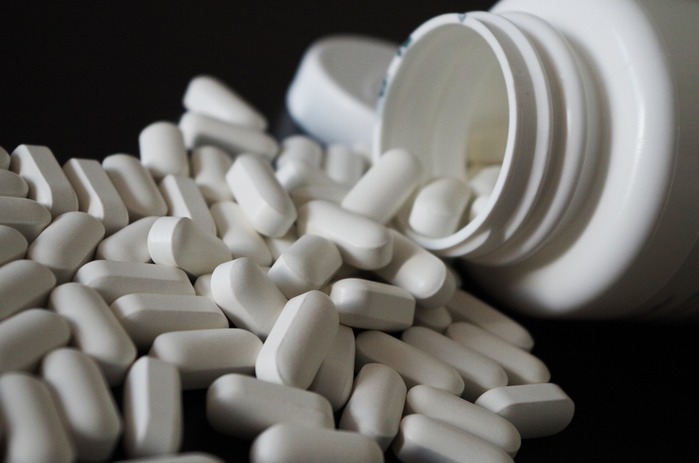
“Also known as a nonsteroidal anti-inflammatory drug, these are over-the-counter drugs like ibuprofen and naproxen,” says Lincoln. “Taking them a day before your period is due or as it just starts can decrease the amount you bleed by about half.” These medications can cause an upset stomach for some women and should not be taken if you have stomach ulcers, so check with your doctor before starting this, suggests Lincoln.
4. Exercise

As if you needed another excuse to hit the gym: regular, moderate exercise can reduce your menstrual flow as well as decrease other common period symptoms, according to LIVESTRONG.
5. Get An IUD
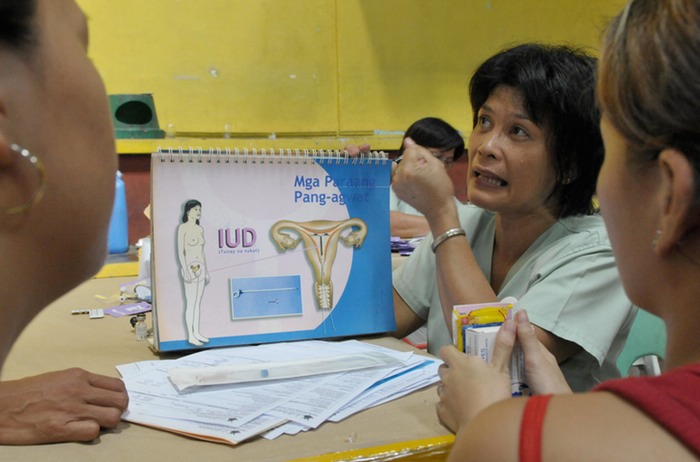
Like the birth control pill, an Intrauterine Device (IUD) can help make your period lighter, or even stop it completely for some women. According to the Agency for Healthcare Research and Quality, an IUD can reduce blood flow by 71 to 94 percent.
6. Reduce Your Stress

Frequent stress can have an effect on your menstrual cycle and cause it to be irregular, according to Everyday Health. Stress can cause buildup of the uterine lining, and the buildup can shed under its own weight, causing heavy, prolonged bleeding, according to WebMD.
7. Consider Surgical Treatment
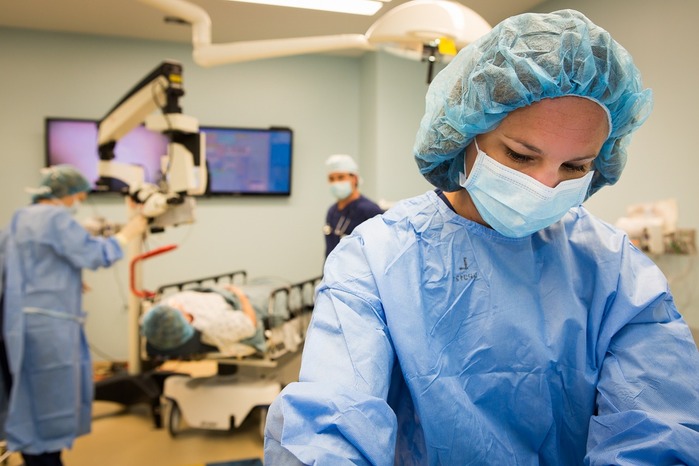
“When all else fails, surgery may be the answer. Procedures such as a dilation and curettage (D&C), removal of fibroids, or endometrial ablation can decrease the amount you bleed or stop your periods altogether,” says Lincoln. “An ablation should only be done once you are done having children, however, so be sure to ask your doctor if any of these treatments might be right for you.”
If your period is very heavy, it’s important to talk to your doctor to make sure it’s not a sign of a greater issue. “Sometimes women have heavy periods naturally, but a lot of times it is due to an underlying medical condition and that medical condition needs to be addressed and receive the appropriate treatment,” says Ghodsi.
Images: Pixabay (7); Isla Murray/Bustle